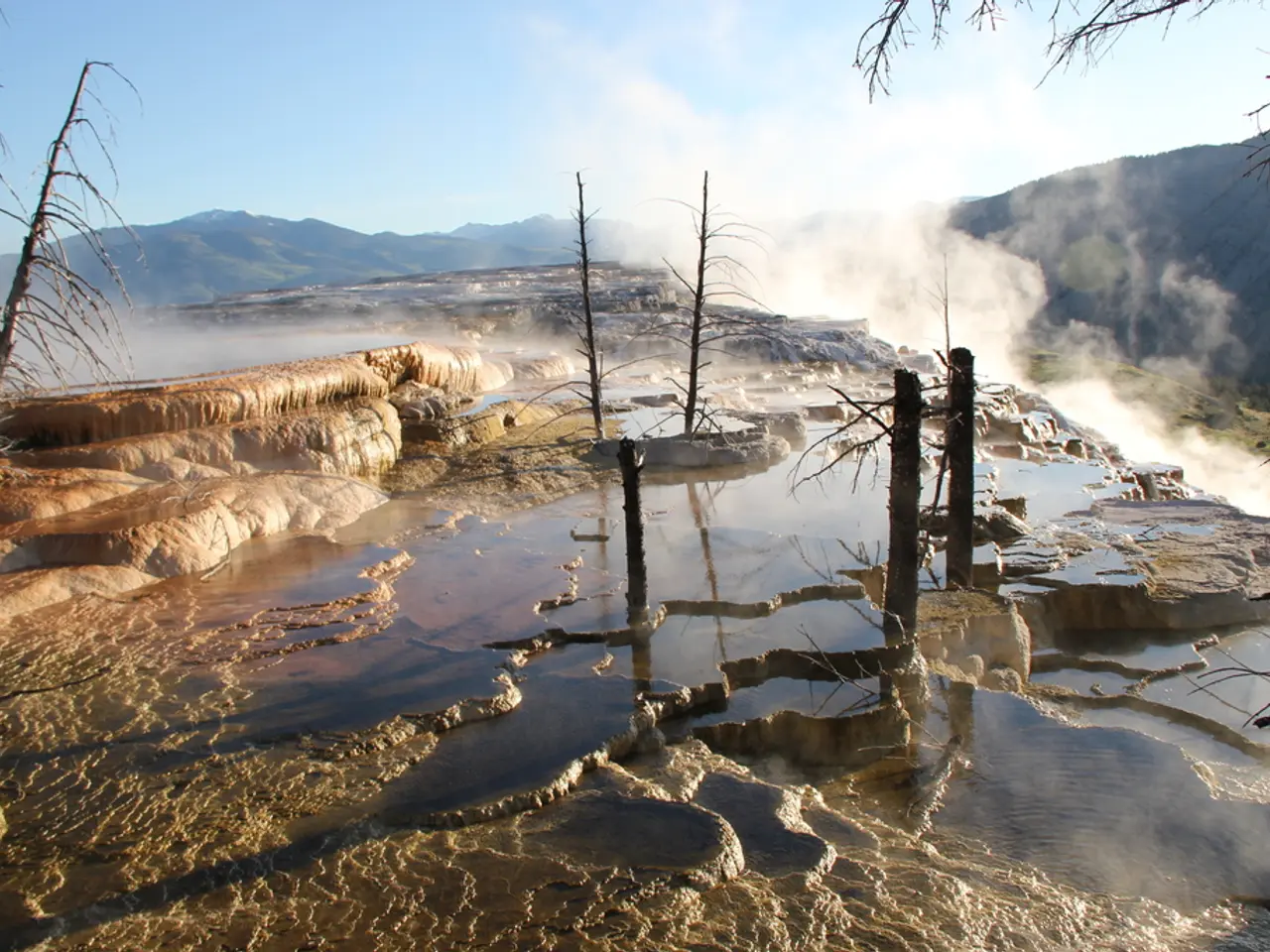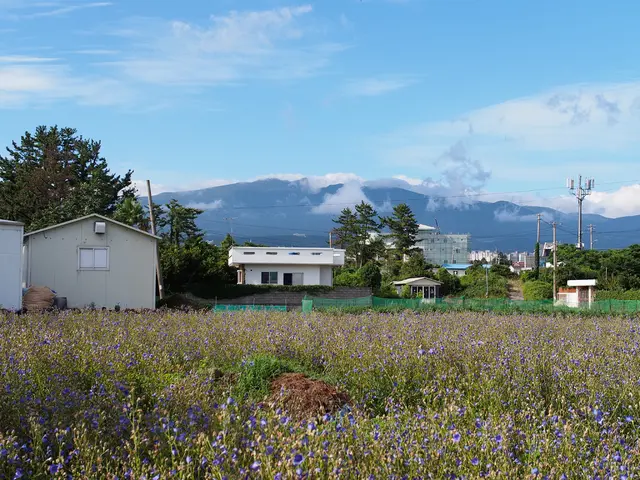Shale Gas Seminar Highlights Balanced Approach to Local Impacts
A recent seminar, 'Exploring the Local Impacts of Shale Gas Development', held on April 10, shed light on the complex relationship between shale gas activities and local communities. The event comes amidst concerns about groundwater reliance and environmental impacts.
Perceptions of groundwater contamination due to natural gas activities have led to decreased reliance on it for drinking in nearby areas. However, the seminar presented a mechanism combining community engagement and advanced monitoring technologies to mitigate these impacts.
In terms of economic effects, there's no evidence of the 'resource curse' in regions with high oil and gas activity. Despite potential wage increases, these areas haven't experienced the expected economic decline. Meanwhile, impact fees and severance taxes in North Dakota are levied on oil production, regardless of its destination, contributing to state revenue.
Truck trips associated with Shale Gas wells were estimated between 890 and 1,340 round trips per well, based on water needs and truck capacity. This highlights the significant infrastructure required for shale gas development.
In Pennsylvania, impact fees are fixed by the legislature and used for statewide purposes, not compensating property owners directly. This differs from North Dakota's approach.
The seminar 'Exploring the Local Impacts of Shale Gas Development' highlighted the need for balanced approaches to mitigate environmental concerns and ensure fair economic benefits. While there's no evidence of the 'resource curse', proper management of impact fees and community engagement are crucial for sustainable shale gas development.







